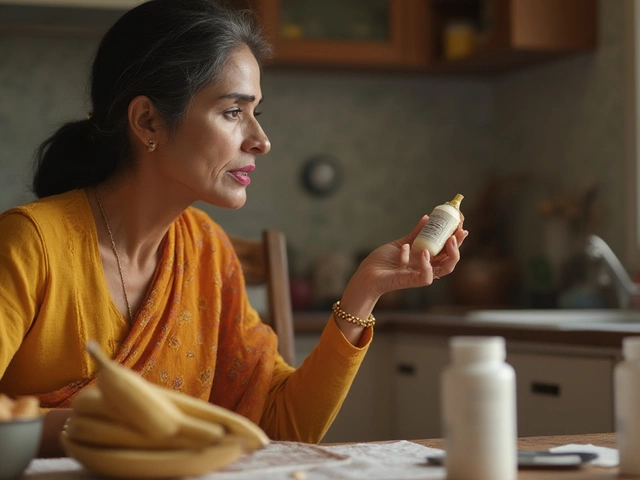Health Insurance Basics: Choose the Right Coverage in India
Ever wondered why you should have health insurance? In a country where medical bills can skyrocket, a good policy protects both your wallet and your peace of mind. It’s not just for the sick—anyone can benefit from having a safety net for unexpected hospital stays, surgeries, or even routine check‑ups.
Why Health Insurance Matters
First off, think about the cost of a simple operation. In many Indian cities, a single day in a private hospital can cost as much as a month's salary. With insurance, the insurer covers most of that amount, leaving you to pay a small co‑pay. That difference can be the line between financial stress and staying afloat.
Beyond big expenses, health insurance also encourages preventive care. Many plans include annual health check‑ups, vaccine coverage, and discounts on diagnostic tests. When you catch a condition early, treatment is cheaper and outcomes are better. So, a policy isn’t just a backup plan; it can actually keep you healthier.
Choosing the Right Plan
Now that you see the value, how do you pick a plan? Start with your family size and typical medical needs. A young couple without children may need a basic plan with low premiums, while a family with seniors might look for higher coverage limits and cashless hospital networks.
Next, compare the sum insured. A common mistake is picking a low sum to save on premiums, only to discover it doesn’t cover a major surgery. Aim for a sum that’s at least 5‑7 times your annual income—this gives a buffer for high‑cost procedures.
Check the network hospitals. Most insurers have a list of hospitals where you can get cashless treatment. If you have a preferred hospital, make sure it’s in the network; otherwise, you’ll have to pay upfront and claim later, which can be a hassle.
Don’t overlook the waiting period for pre‑existing diseases. Some policies impose a 2‑4 year wait before they cover those conditions. If you or a family member already have a chronic illness, look for plans with shorter waiting periods or specific riders that address those needs.
Finally, read the fine print on exclusions. Common exclusions include cosmetic surgeries, alternative therapies, and certain age‑related conditions. Knowing what’s not covered helps you avoid surprise denials when you need care.
To sum up, health insurance in India is a vital tool that shields you from massive medical bills, promotes early detection, and offers cashless treatment at many hospitals. By assessing your family’s needs, choosing an adequate sum insured, and verifying network hospitals and waiting periods, you can find a plan that fits both your health goals and budget.
Take a few minutes today to compare a couple of top insurers, read user reviews, and maybe talk to a trusted friend who’s already covered. The right policy can turn a scary medical emergency into a manageable event, letting you focus on recovery instead of finances.

Understanding Which Insurance Plans Cover IVF
Navigating insurance coverage for IVF can be confusing, but understanding the basics can help. This article explores how different insurance plans handle IVF coverage and provides practical tips for those seeking fertility treatments. We'll dive into state mandates, common policy terms, and steps to improve coverage chances. Taking charge of the process can ease financial worries and focus on what's important – building a family.




